

Dr Sue Konzelmann
Reader in Management at Birkbeck, University of London
Dr Sue Konzelmann is an economist and directs Birkbeck’s Postgraduate Programmes in Corporate Governance and Business Ethics. Sue is also Co-Executive Editor of the Cambridge Journal of Economics and a Research Associate in the Cambridge University Centre for Business Research. Sue’s research brings together historical, economic, social and political perspectives, to explore a range of different areas, most recently the political economics of austerity and the “variety” within liberal capitalism that became apparent in the aftermath of the 2008 financial crisis. The current phase of this research considers the alternatives to austerity, including industrial strategy, social policy and financial reform, with the aim of informing theory and practice as well as policy.
She is particularly interested in how the interaction of societal, economic and political forces shapes the direction of theory and policy – and how this, in turn, influences developments in global financial markets and the broader economic system in which they are embedded. For further information, including a list of publications, please visit her profile on Birkbeck’s website.

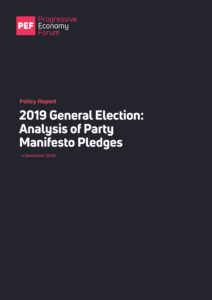
2019 General Election: Analysis of Party Manifesto Pledges
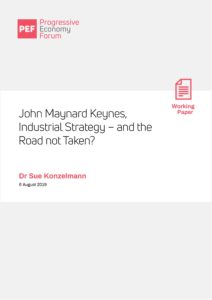
John Maynard Keynes, Industrial Strategy and the Road not Taken
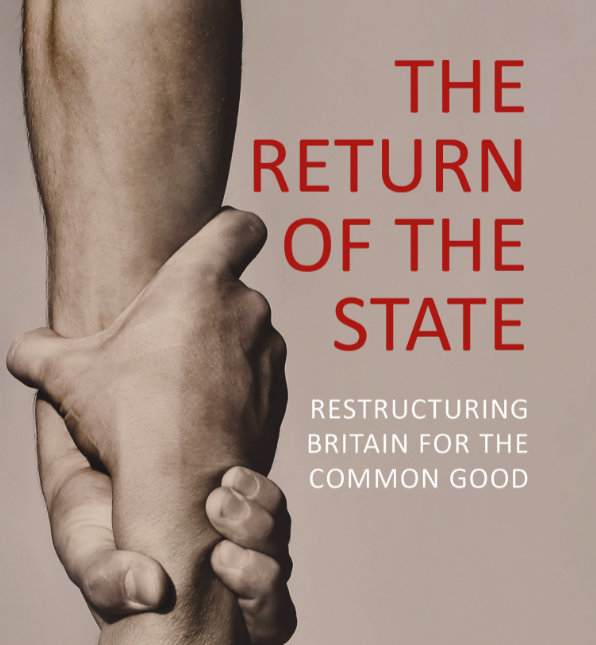
The Return of the State – authors introduce their chapters
see films clips of authors introducing their chapters in PEF’s book , The Return of the State
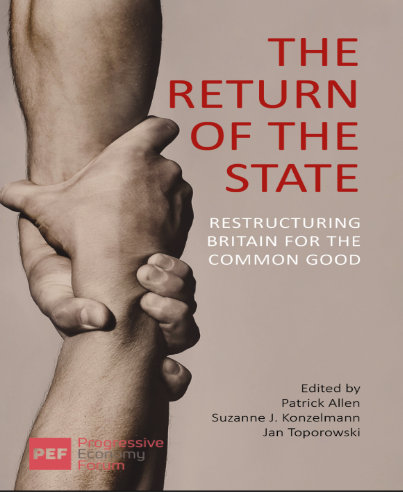
The Return of the State – Council members explain the purpose of the book
see film clips of PEF Council members explaining the purpose of PEF’s new book, The Return of the State
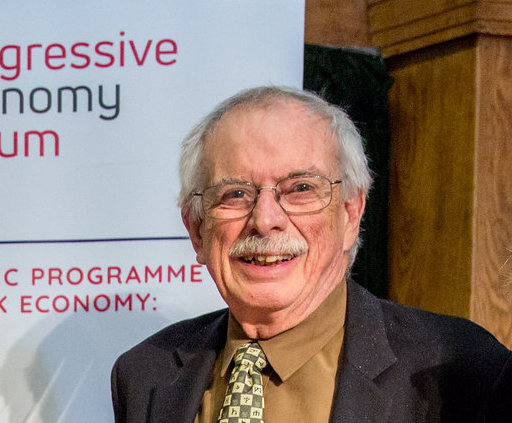
John Weeks – Obituaries and Tributes
” John Weeks was a rigorous and progressive academic economist, committed to good economic policy and political action; at the same time he was a very kind, supportive and loyal colleague and friend”
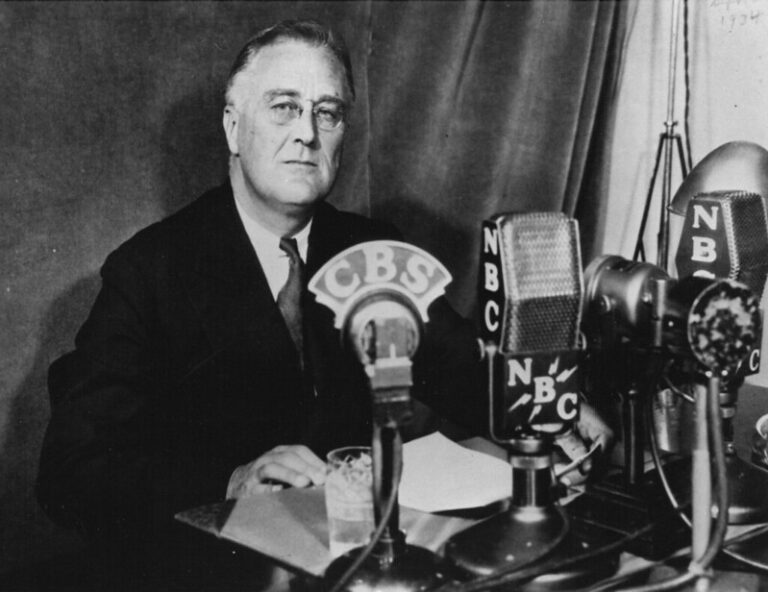
Johnson’s Economic Recovery Plan – Not much of a “New Deal”
Sue Konzelmann writes on Boris Johnson’s Economic Recovery Plan. Focusing almost exclusively on the usual sectors – property, construction and finance – it’s likely to make an already unbalanced economy even more lopsided.

The 2020 Budget
The day following the 2020 budget, PEF interviewed five members of the PEF Council on the new budget and the changing economic direction of the United Kingdom. Here are the interviews in full.

Whatever the outcome of this election, we need to start thinking about where our society and economy are going
“Come the new year, we will have yet another new government, which will be faced – amongst other things – with the consequences of a decade’s worth of cuts to services that, one way or another, the majority of us rely on.”
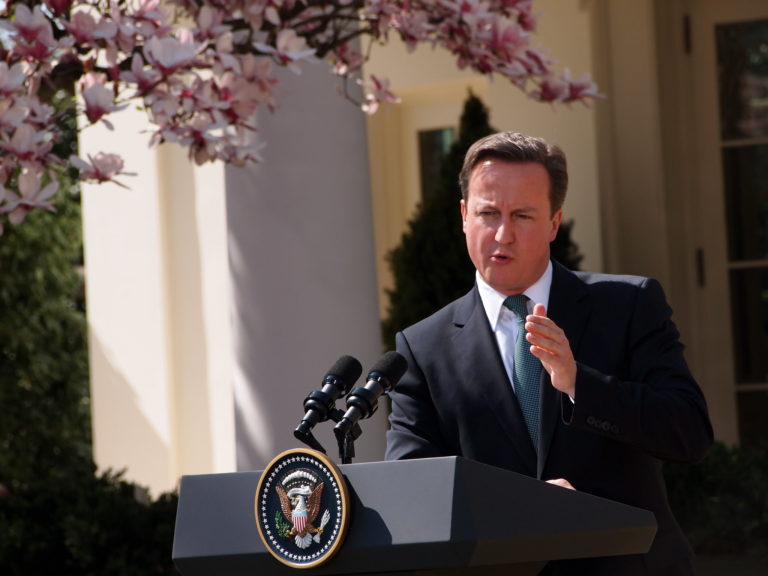
What if Cameron’s austerity had been “harder and faster”?
The idea that a contraction in public spending could be more than replaced by private investment and enterprise – so-called “expansionary fiscal contraction” – is at best highly controversial.

Austerity – Demystifying a (still) poorly understood concept
‘In my new book, Austerity, we step back from the emotional reactions on both sides of the debate; and we carry out a much more forensic analysis, following the evidence – and only coming to a conclusion when all of it has been carefully sifted and considered’.

Rethinking Britain – How to build a better future
Of the nineteen UK governments since the Second World War, only two have torn up the rule book and tried to build a better future, instead of simply recycling the

Who benefits from austerity – and who pays?
“In recent years, even organisations like the IMF and the World Economic Forum have recognised the dangers of inequality. In particular, they have both drawn attention to both the high and rising inequality caused by austerity, and its damaging effects on both social cohesion and economic growth.”

